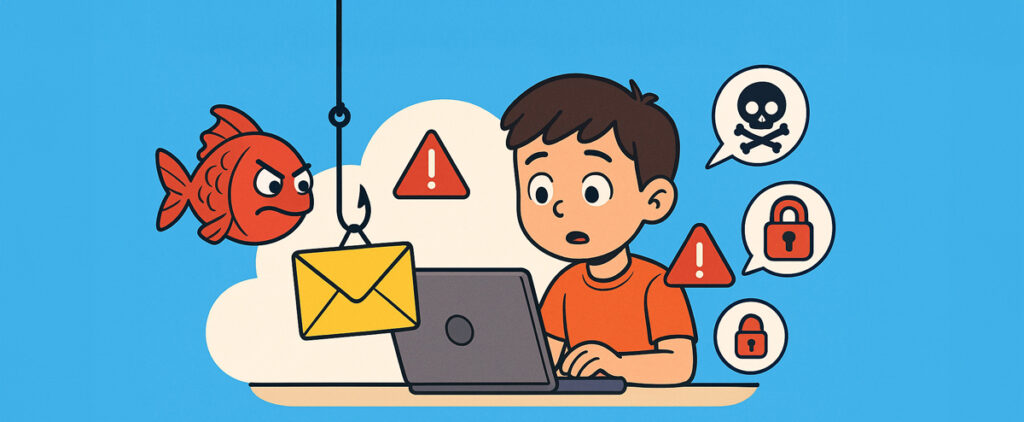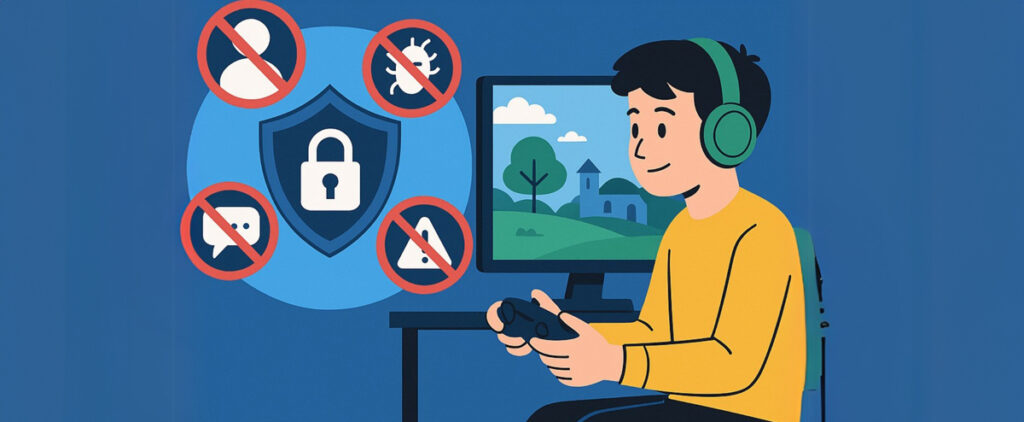
S ocial media has become a huge part of our lives — from Instagram reels and Snapchat streaks to gaming groups and class WhatsApp group chats. It’s where you chill, chat, learn, and even study.
But here’s the deal: social media isn’t just fun and filters. It’s public, permanent, and powerful. If you’re not careful, what you post can come back to haunt you, whether it’s a meme, a selfie, or your phone number.
So before you hit send, share, or post, here are some smart tips to help you stay safe, secure, and stress-free online.
1. Protect Your Personal Info Like You’d Protect Your Phone
Would you give your ATM PIN to a stranger? No, right? Then don’t post your phone number, school name, your personal address, or personal details on public platforms. From phishing links to fake “scholarship” offers to fake “friendship” DMs, scammers and creeps can use that info to target you.
Tip: Never share OTPs or passwords. Use strong, unique passwords and turn on two-factor authentication (2FA) on apps like Instagram, Snapchat, and Gmail.
2. Your Digital Footprint Is Very Real, And It Lasts Forever
That joke, rant, or dance challenge might seem harmless now. But what you post today can be seen tomorrow by a college admission officer, HR manager, or even your future employers
Tip: Before posting, ask: “Would I be okay if my principal or parents saw this?” If not, let it stay in the drafts.
3. Fake News, Deepfakes & Hoaxes Are Everywhere
From celebrity death rumors to “free iPhone giveaways,” misinformation spreads like wildfire, unchecked and unregulated, especially on WhatsApp forwards and Instagram reels. Some content may look legit but is actually harmful.
Tip: Verify before you share. Don’t share fake news, do a proper fact check.
4. Know Your Audience And Your Privacy Settings
Many teens in India keep public profiles without realizing how much they’re revealing. Anyone can see your pics, posts, and location if your settings aren’t locked down.
Tip: Set your profiles to “private.” Review privacy settings on Facebook, Instagram, and Snapchat regularly. Use “View As” to see what strangers can see. If your profile is public, be very careful and cautious about sharing your personal life online, and double check who interacts with your posts.
5. Don’t Ignore Online Harassment
Cyberbullying, blackmail, and trolling are common. If someone is bothering you online, be it a classmate or some stranger pretending to be a “friend”, make sure to speak up. Block, report, and talk to someone you trust.
Tip: In India, you can report cybercrime anonymously at cybercrime.gov.in. or dial 1930 for financial frauds. Save screenshots as proof.
6. Limit Your Screen Time & Log Out for Real Life
Endless scrolling can lead to stress, anxiety, and even sleep issues. Your mental health matters more than your likes. Remember, offline moments count.
Tip: Take regular breaks. Try screen-free dinners, no-phone mornings, or a Sunday digital detox with your family.
7. Parents, Communicate. Don’t Just Monitor.
To all the parents out there, it’s important to build trust and let your child know that you’re their safety net, not their surveillance system.
Tip: Talk it out. Talk about it all. From online reputation, to how to spot scams, what to do if explicit photos are requested, and how to set boundaries with social media.



 Minors
Minors 







